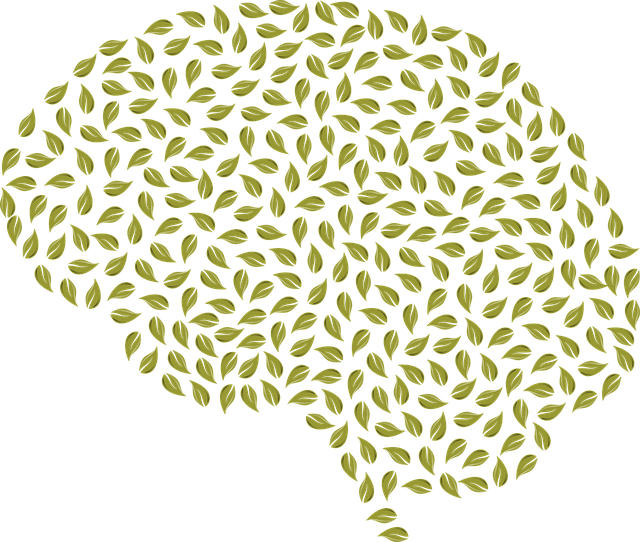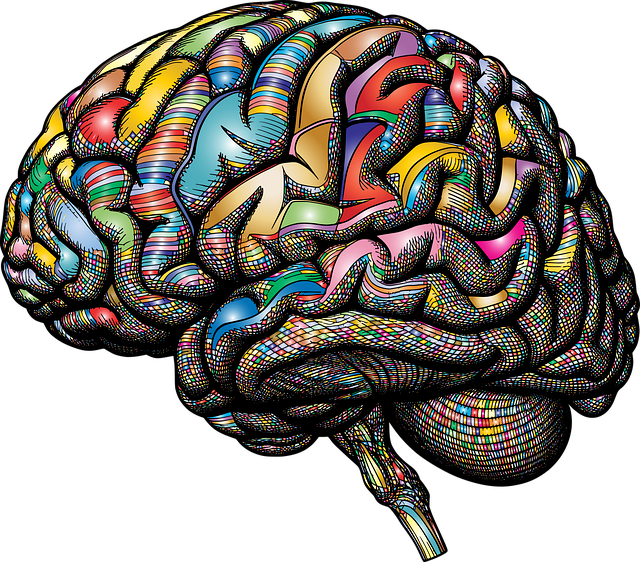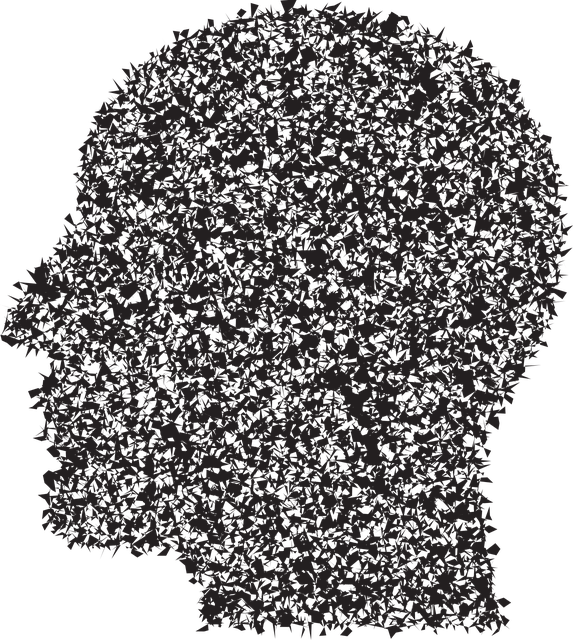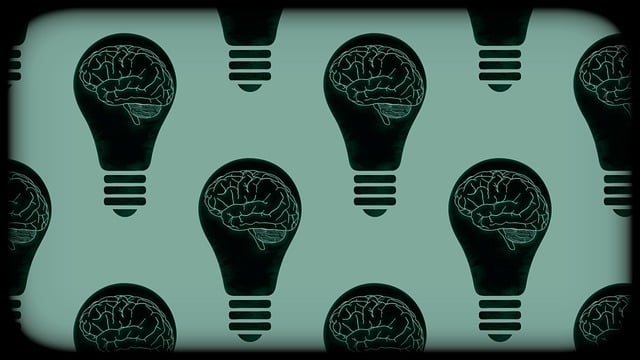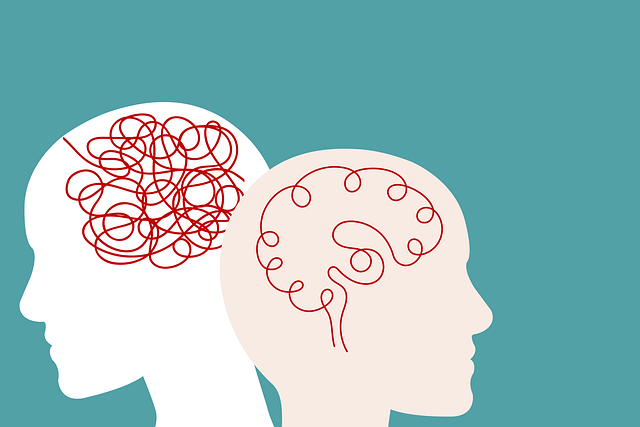Diagnosing mental illness in French-speaking adolescent teens presents cultural and linguistic challenges, including stigma and lack of trust. Specialized CBT tailored to their context has proven effective. Incorporating Emotional Well-being Promotion, Social Skills Training, and Trauma Support Services fosters open communication and improves diagnosis accuracy. Community outreach, family involvement, and culturally sensitive practices enhance treatment effectiveness. Training in cultural sensitivity equips professionals to navigate nuances and adapt assessment techniques. Engaging the community through peer networks, family support, and local organizations reduces stigma and promotes resilience, improving mental health care for this demographic.
Mental illness diagnosis among French-speaking adolescent teens presents unique challenges due to cultural nuances and communication barriers. This article explores efforts to improve accuracy, focusing on innovative therapy approaches tailored to this demographic. We discuss the role of cultural sensitivity training in enhancing diagnostic precision and highlight the importance of community engagement and support systems for optimal treatment outcomes. By addressing these aspects, we aim to revolutionize mental health care for French-speaking teens.
- Understanding the Challenges of Mental Illness Diagnosis in French-Speaking Adolescent Teens
- Innovative Therapy Approaches Tailored for This Demographic
- Enhancing Diagnostic Accuracy through Cultural Sensitivity Training
- Community Engagement and Support Systems for Improved Treatment Outcomes
Understanding the Challenges of Mental Illness Diagnosis in French-Speaking Adolescent Teens

Diagnosing mental illness in French-speaking adolescent teens presents unique challenges due to cultural and linguistic barriers. Accurate assessment is further complicated by the fact that many youth may be reluctant to discuss their struggles, often stemming from stigma or a lack of trust in healthcare systems. The nuances of expression and emotional manifestation can also differ across cultures, making it critical for professionals to be sensitive to these variations.
Specialized therapy for adolescent teens speaking French, such as cognitive-behavioural therapy (CBT) tailored to their linguistic and cultural context, has proven effective. Incorporating Emotional Well-being Promotion Techniques, Social Skills Training, and Trauma Support Services can create a more welcoming environment, fostering open communication. These approaches not only enhance diagnosis accuracy but also encourage these teens to seek help and embark on their journey towards improved mental health.
Innovative Therapy Approaches Tailored for This Demographic

In efforts to enhance mental illness diagnosis accuracy among adolescent teens who are French-speaking, innovative therapy approaches have emerged as powerful tools. Specialized programs tailored for this demographic consider cultural nuances and language barriers, ensuring effective communication and a sense of comfort during treatment. These therapies often incorporate culturally sensitive practices, such as incorporating family involvement and community outreach, which have proven beneficial in building trust and encouraging early intervention.
One notable strategy is the implementation of community outreach programs that aim to increase mental health awareness among French-speaking teens. By educating peer groups and community leaders about depression prevention and accessible therapy options, these initiatives foster a supportive environment where adolescents feel empowered to seek help without stigma. Such tailored approaches not only improve diagnosis accuracy but also contribute to broader Mental Health Awareness efforts within these communities.
Enhancing Diagnostic Accuracy through Cultural Sensitivity Training

Improving diagnostic accuracy in mental health assessment is paramount, especially when catering to diverse populations like French-speaking adolescent teens. Cultural sensitivity training plays a pivotal role in this endeavor. By equipping mental health professionals with the knowledge and skills to navigate cultural nuances, they can better understand the unique presentation of mental illness within these communities. This training encourages practitioners to move beyond language barriers, recognizing that cultural factors significantly influence an individual’s experience and expression of distress.
Through immersive workshops and ongoing educational programs, professionals learn to adapt their assessment techniques, taking into account cultural beliefs, values, and practices. Such training fosters empathy, enabling therapists to create safer spaces for French-speaking teens to open up about their struggles. By integrating this sensitivity into therapy sessions, whether through individual counseling or group support, mental health practitioners can offer more tailored interventions, ultimately enhancing the effectiveness of treatment and promoting positive mental wellness outcomes.
Community Engagement and Support Systems for Improved Treatment Outcomes

Engaging the community and building support systems are essential components in improving mental health care, especially for French-speaking adolescent teens. By fostering a network of peers, family members, and local organizations, young individuals can receive comprehensive support tailored to their unique cultural needs. This approach not only enhances access to therapy but also encourages open dialogue about mental illness, reducing the stigma often associated with seeking help.
Community initiatives can play a pivotal role in burnout prevention and promoting inner strength development among teens. Through group therapy sessions, peer mentoring programs, and cultural events, adolescents learn effective stress reduction methods while gaining a sense of belonging. Such interventions empower them to navigate their mental health journeys with resilience, ensuring that they receive consistent support throughout their healing process.
Mental illness diagnosis accuracy can be significantly improved by adopting a culturally sensitive approach tailored to French-speaking adolescent teens. By combining innovative therapy methods, such as those discussed in this article, with comprehensive training for healthcare professionals, we can enhance the diagnostic process. Engaging community support systems and fostering an inclusive environment are crucial steps towards better treatment outcomes for this demographic. Through these efforts, we strive to provide more effective therapy for adolescent teens French speaking and improve their overall mental health journey.
